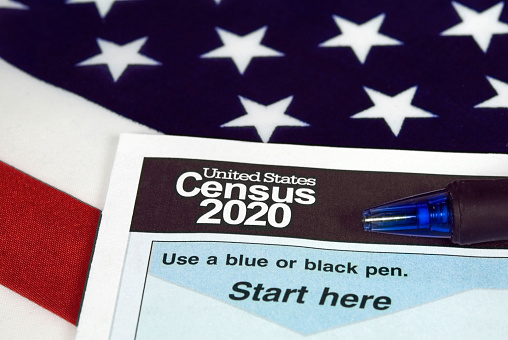The late Thomas Hofeller was a hero in the Republican Party as “the Michelangelo of gerrymandering,” says the New York Times, referring to the practice of manipulating voting-district boundaries to favor candidates of a particular party or ideology.
But it turns out he was even more influential than that.
In going through Hofeller’s effects after he died last August, his daughter found computer drives containing evidence that Hofeller was a key figure behind the Trump administration’s plan to add a citizenship question to next year’s census the Times says. His role was not previously known outside top Republican circles.
The Hofeller documents were cited in a federal court filing Thursday by opponents of the citizenship question, which has never been asked in almost 230 years of census-taking.
According to the documents, Hofeller concluded in 2015 that the question would “clearly be a disadvantage to the Democrats” and “advantageous to Republicans and Non-Hispanic Whites,” because it would allow even more refined gerrymandering.
Last year, Commerce Secretary Wilbur Ross said the citizenship question would be on the 2020 census form, arguing that it would help the Justice Department enforce the 1965 Voting Rights Act — an argument Hofeller apparently originated.
“Opponents said that the Justice Department’s rationale for seeking to add a citizenship question to the census was baldly contrived, a conclusion shared by federal judges in all three lawsuits opposing the administration’s action,” says the Times.
But the Census Bureau itself estimates that adding the question could mean the census would undercount the U.S. population by some 6.5 million, because some non-citizens will lie or refuse to fill out the survey.
The Supreme Court is expected to decide on the legality of the question by the end of June.



